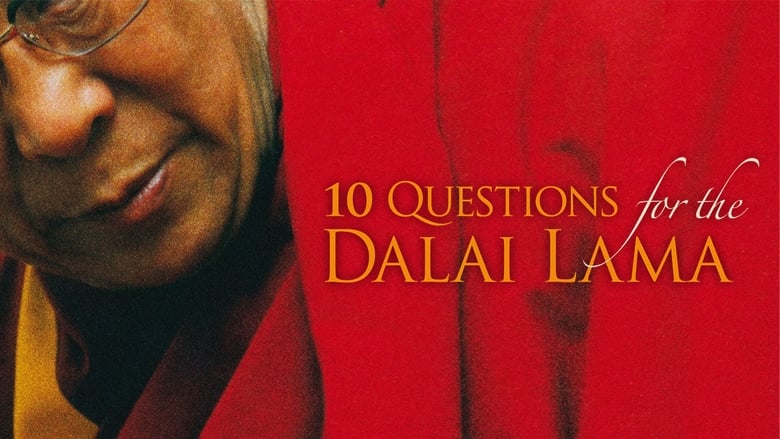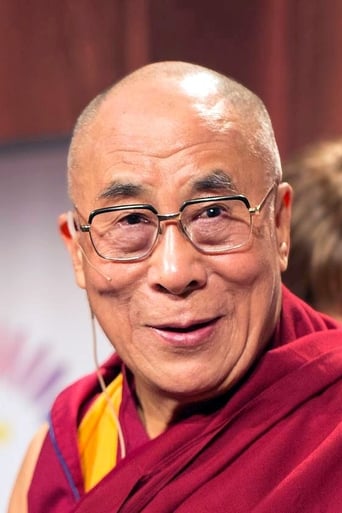How do you reconcile a commitment to non-violence when faced with violence? Why do the poor often seem happier than the rich? Must a society lose its traditions in order to move into the future? These are some of the questions posed to His Holiness the Dalai Lama by filmmaker and explorer Rick Ray. Ray examines some of the fundamental questions of our time by weaving together observations from his own journeys throughout India and the Middle East, and the wisdom of an extraordinary spiritual leader. This is his story, as told and filmed by Rick Ray during a private visit to his monastery in Dharamsala, India over the course of several months. Also included is rare historical footage as well as footage supplied by individuals who at great personal risk, filmed with hidden cameras within Tibet.


Similar titles
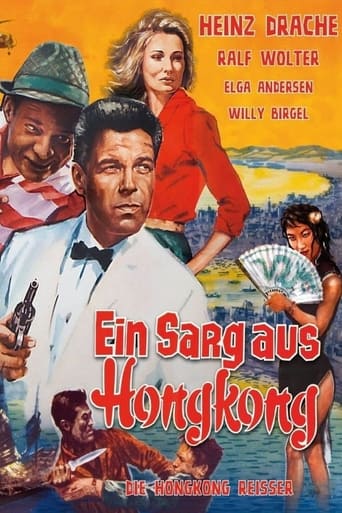
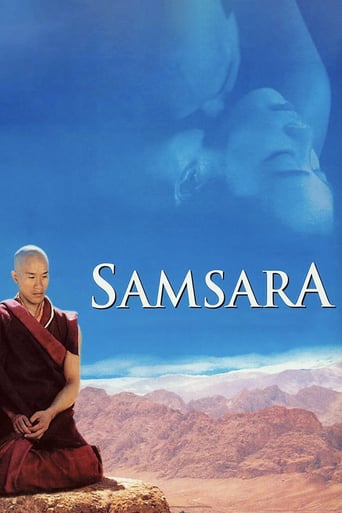
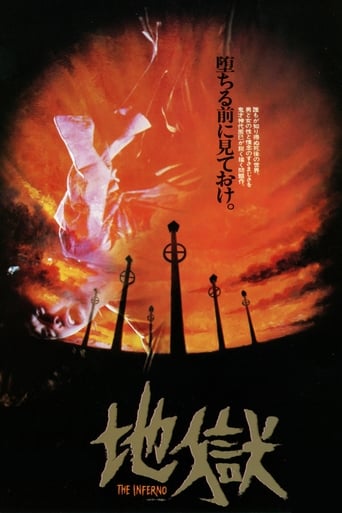
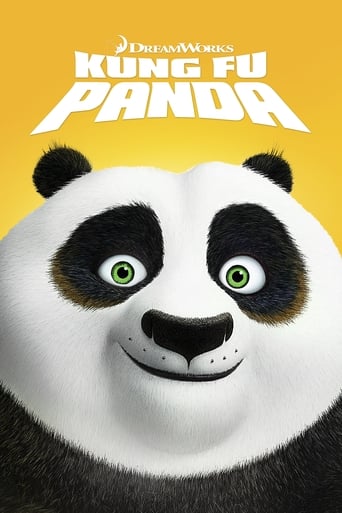
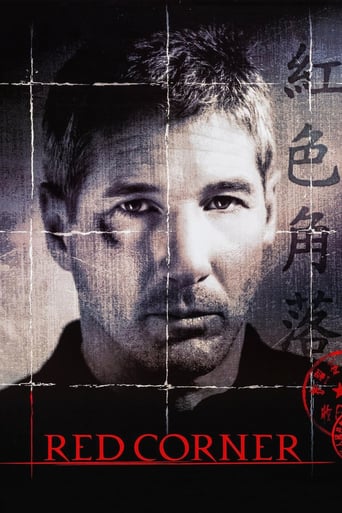
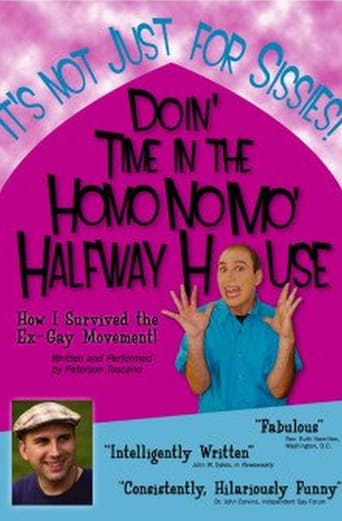
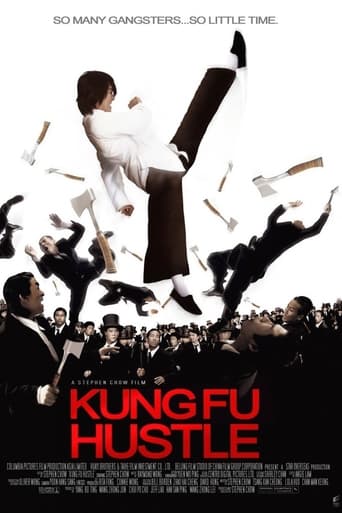
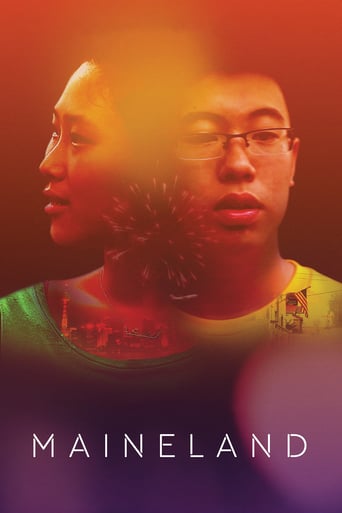
Reviews
In "10 Questions for the Dalai Lama," documentary filmmaker Rick Ray journeys to Dharamsala in northern India to speak with the man he describes as both a "humble Buddhist monk" and a "rock star of peace," and who is believed by many to be the reincarnation of Buddha here on earth (though the Dalai Lama himself denies this, insisting that he is a mere mortal like everyone else).You don't have to be a believer or even a particularly spiritual person to be moved and inspired by this film, which provides us with a rare up-close-and-personal look at one of the key religious figures in the world today. What comes out both in the interview and in the various glimpses we are given of him in his meetings with many of the world's movers and shakers in government and religion, is just what a fun-loving, down-to-earth, and self-effacing a man he truly is, even though he is never shy about confronting injustice whenever or wherever it rears its ugly head. Much of that feistiness derives, of course, from his own experience of having to flee his native Tibet in the early 1950's when the Communist Chinese invaded that country, and then being forced to live as an exile in a foreign land ever since.To a disinterested observer, the Dalai Lama may seem, in many ways, to be a walking contradiction; an advocate for the ancient art of transcendence through meditation, he is also a passionate devotee of science and a champion of modern technology (his monks are very "hep" to the internet, and he, himself, is well-versed in quantum physics and neuroscience). In fact, if there is disagreement between science and religion, he will generally come down on the side of science. Fiercely ecumenical and tolerant of the beliefs of others, he's quick to point out the flaws in his own traditional beliefs when they conflict with the more enlightened ways of the modern world (the elimination of the caste system, equality for women etc.). The Dalai Lama comes across as a man ruled as much by the practical concerns of having to exist in a highly diverse, multicultural world as by his obviously innate love for humanity itself.But it is when confronted with the question of how to respond to evil in the world that this man shows what he is truly made of. A passionate believer in civil disobedience (like Jesus, Gandhi and Martin Luther King before him), the Dalai Lama stays true to his principles by not calling for violent action even against his own people's oppressors, the Chinese. He still believes, all these years later, that more can be gained by engaging on a personal level with one's enemy than by fighting them. That's a bit tough for us in the West to understand, especially when the film shows us the terrible suffering and injustice the Tibetan people have endured under Communist rule. Yet, when you hear him speak, it's impossible not to be convinced by the depth of his wisdom and the force of his moral character.Going beyond the conversation itself, Ray provides fascinating background information on the history of Buddhism, the invasion of Tibet, and the biographical details of the Dalai Lama himself, including how he was chosen for this exalted position, how he spent his childhood, how he fled the invaders when still a teen, and how he has dedicated his life since to fighting, through nonviolent means, for the restoration of Tibet to its rightful people.Filled with exquisite vistas and beautiful images of nature, Ray's film is a passionate cry for justice as well as a finely-wrought, contemplative vision of a leader who calls upon the better angels in all of us to help make this world a more peaceful place both for ourselves and those who will come after us.
I'm giving this movie 5 stars just for its informational value. I did learn a lot about the Tibetans' struggle for freedom under Chinese oppression, and there was some fascinating archival footage. Also, it gets some points for the overly prepped and belabored, but finally interesting scenes where the Dalai Lama actually talks.However, the overall tone of the film annoyed me. Because of the way the voice-overs are done, the Dalai Lama is presented in a disrespectful way.It is a well-known fact that the Dalai Lama is a refreshing, fun-loving person who likes to laugh. But here we are treated to a montage where he is semi-mocked for proposing festivals for world peace, followed by the his assistant's informing us that he doesn't even like festivals himself and often falls asleep during them (is the assistant accusing him of hypocrisy - proposing something he himself hates?), all over top of video where he seems to be thoroughly enjoying himself at festivals. Which is the truth? I thought it was Documentary Making 101 not to confront the viewer with pictures and words that conflict with each other, unless this cognitive dissonance is being created on purpose for some subversive intent. What was the subversive intent, here? I don't think there was one, I think it was just sloppy film-making.Next we are informed how much the Dalai Lama loves to laugh, even at "inappropriate" moments, and we are treated to video after video where he is laughing with the rich and powerful figures that he has met with over the years, in ceremonies which are supposedly very formal. I personally do not consider his behavior here inappropriate. It's not like people are offended. His laughter is infectious and he makes people happier by it. Yet the overly serious intoning of the narrator goes on and on how "inappropriate" this is. Is the Dalai Lama a giggling idiot? Apparently the narrator thinks so.And then there's just something about the way the interviewer looks while he's interviewing the Dalai Lama -- sort of like Jed Clampett come to the mountain to talk to the wise man.Even when there was fascinating archival footage, the narration almost ruined it, with the narrator's flat and uninteresting delivery. I don't want to discourage anyone from learning more about Tibet and the Dalai Lama, but I myself could barely sit through this film. It was that annoying to me to see the 14th Dalai Lama reduced to some giggling idiot who cannot even lead his people to squash the nasty Chinese (and that was there as a subtext, in my opinion -- like Jed Clampett, I felt like the narrator was someone who might admire a pacifist and a wise man, but really, dudes, let's break out the rifles, 'kay?).I hope someone, someday soon makes a really thought-provoking and well-done documentary about the Dalai Lama. In my opinion, this isn't it.
This movie is a documentary about Tibet and the life of the Dalai Lama. It gives a view of who the Dalai Lama really is, told through both archival footage and questions that are asked directly to him during an audience. The questions mostly inquire into the Dalai Lama's opinion on the conflicts in the world, but also deal with finding happiness on a personal level and on a more global level.Despite the very serious matter (a people in exile, suppression, suffering and loss of a whole culture) the movie - actually the Dalai Lama's strange but contagious laughter - still manages to put a smile on your face. And more importantly, it (he) makes you think.While the documentary has an indie look and feel to it (I suppose it didn't have much of a budget), I certainly recommend it to anyone who wants to know who the Dalai Lama really is, as a person.
This film gives much more than it's title implies. Rick Ray isn't just another seeker wanting answers from the Dalai Lama. He's so intent on not embarrassing himself at his audience with Tibet's spiritual leader that he goes to incredible lengths to prepare himself for this opportunity, such as traveling around India and Tibet to learn all he can about Buddhism and thoroughly researching the 14th Dalai Lama's life story. The result is the best-told (and illustrated) history of the Dalai Lama to date. Weaving in an amazing amount of rare archival footage, Ray gives us an intimate and detailed portrait of "simple monk" who has led anything but a simple life. The loss of his country to the communist Chinese and the struggle of Tibetans in exile are the burden he was born to carry. Turns out the filmmaker didn't need to worry that his meeting with the Dalai Lama would be a flop. His questions are all thoughtful, relevant and universal, just like his entire film.

